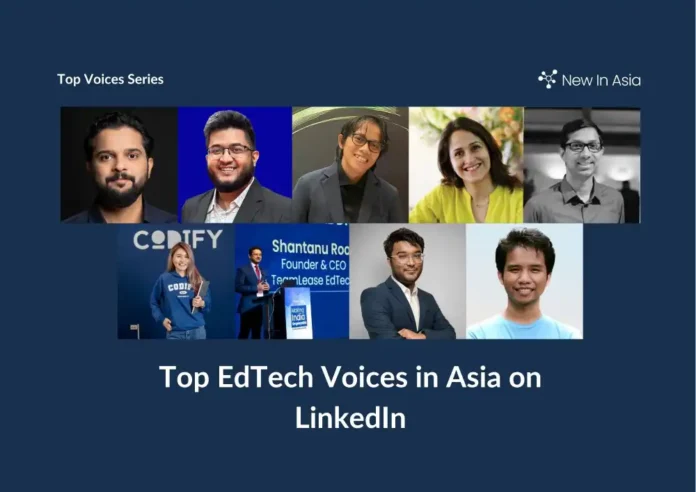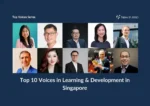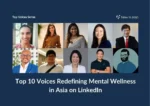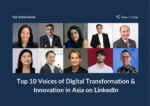The rise of EdTech Voices in Asia is transforming education, not just in classrooms, but across devices, borders, and industries. Beyond AI and valuations, real change comes from founders, engineers, and educators rethinking how learning really works. From India to Indonesia, Singapore to Kyrgyzstan, these voices are shaping a regional movement with global significance. They’re…
RELATED ARTICLES
© NewInAsia.com 2025








